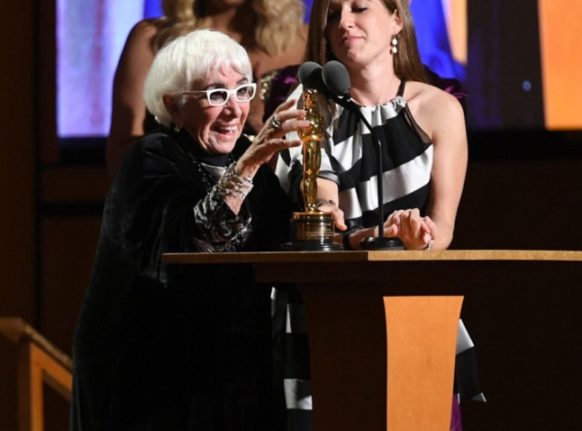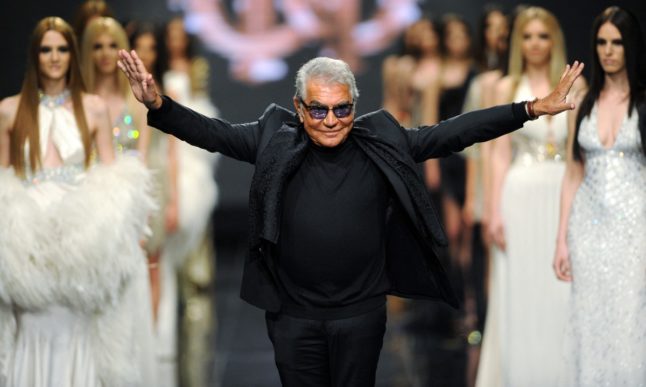“Italy mourns the death of Lina Wertmueller, a director whose class and unmistakable style left an everlasting mark on Italian and world cinema,” said Italian Culture Minister Dario Franceschini on Thursday.
Wertmueller, considered the country’s most famous female director, began her career in movies as an assistant to Federico Fellini before going on to become the queen of Italian comedy with a series of films in the 1960s and 1970s.
Immediately recognisable with her white spectacles and a vibrant sense of humour, Wertmueller’s long list of films also explored political and social themes, from fascism and sexual violence to class struggle, often featuring a down-on-his-luck everyman character.
In 1977, Wertmueller broke barriers by becoming the first woman to be nominated for a best directing Oscar, for her tragicomedy ‘Seven Beauties’ about an army deserter during World War II trying to survive his time in a concentration camp.
Another female director would not be nominated until 1994, when Jane Campion – who has called Wertmueller a “warrior” – was given the nod for “The Piano”.
READ ALSO: Venice film festival under fire over lack of films by women
Wertmueller’s death comes two years after she received an honorary Oscar for her career during a ceremony focused on diversity.
She told the star-studded crowd in Hollywood that the award should be given a new, feminine name – such as “Anna”, she said – to reflect female talent in the film world.
Born in Rome on August 14, 1928, Wertmueller spent her early years working in the performing arts, producing plays and as a puppeteer.
In the early 1960s, actor Marcello Mastroianni introduced her to Fellini and she became the director’s assistant on his acclaimed film “8 1/2”.
Soon after, Wertmueller began shooting her first film, 1963’s “The Basilisks”.
READ ALSO: Fellini’s La Strada: a vision of masculinity and femininity that still haunts us today
International success arrived a decade later with “The Seduction of Mimi”, released in Italy in 1972.
And in 1974, “Swept Away,” a romantic adventure about two people stranded on a desert island with radically different political views, also won acclaim, scooping the best foreign film award from the National Board of Review in the United States.
The movie was remade decades later in 2002 by Guy Ritchie, starring Madonna.



 Please whitelist us to continue reading.
Please whitelist us to continue reading.
Member comments